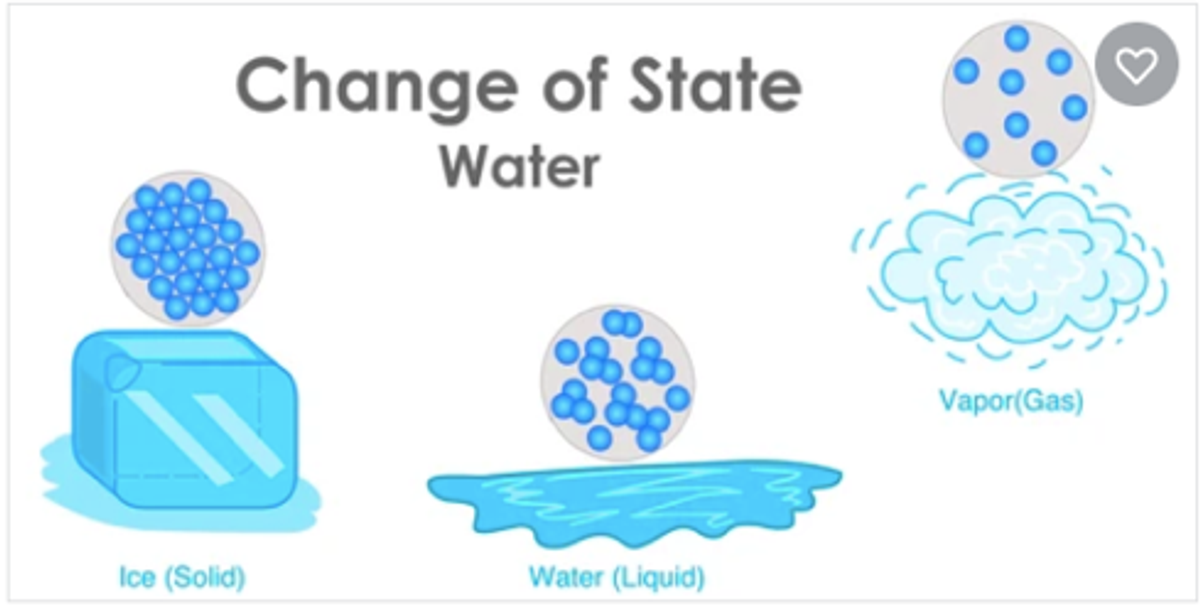What's happening in our classrooms
Grade 6

What's happening in our classrooms
Grade 6
READING
This semester, students in Grade 6 contrasted different text types related to a single theme, compared the work of a variety of authors and practised their comprehension skills by answering questions related to fiction and non-fiction texts. They identified points of view and stated whether a text is written in the first, second, or 3rd person or 3rd person limited and omnipotent. During remote learning, students met online with their teachers and peers for reading conferences and book clubs. They explored the Museum of Victoria website, to vote on the most popular fossil and investigated why planets in our solar system are spheres, using the NASA website. Students read and responded to Phillip Pullman’s “The Northern Lights’, “Mrs Frisby and the Rats of NIMH”, “Soldier Boy “and “The Chinese Cinderella” to name some of their favourites. Students also completed a self-reflection and analysis on their individual reading habits and set goals for future success.
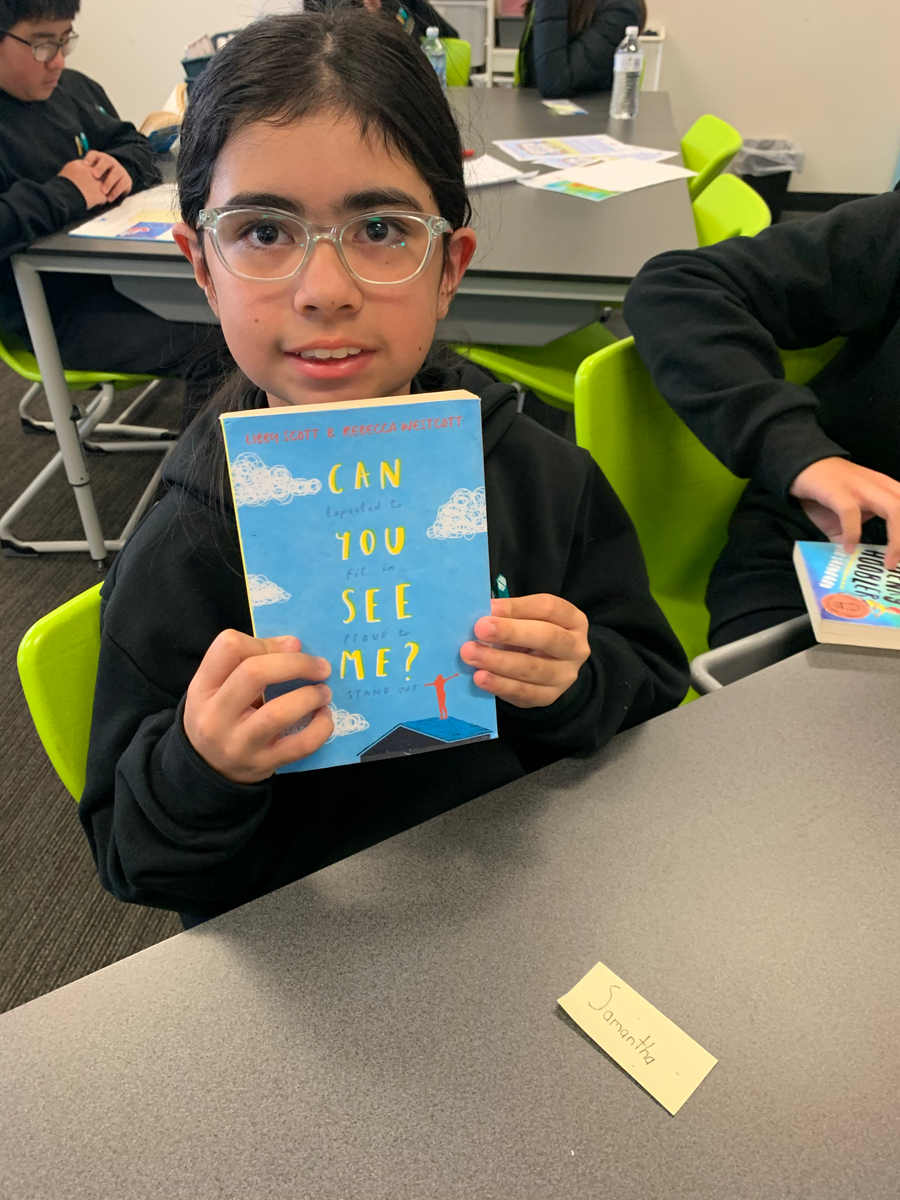

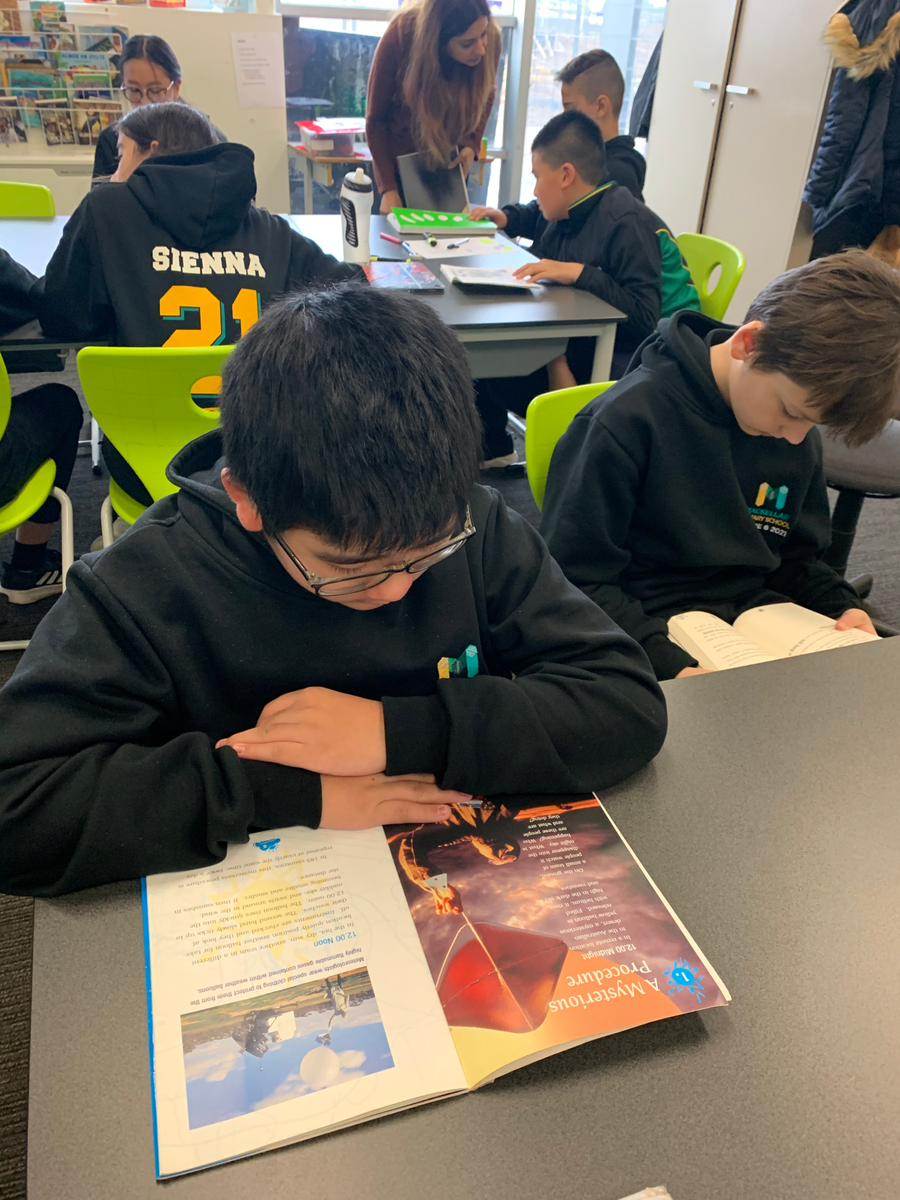
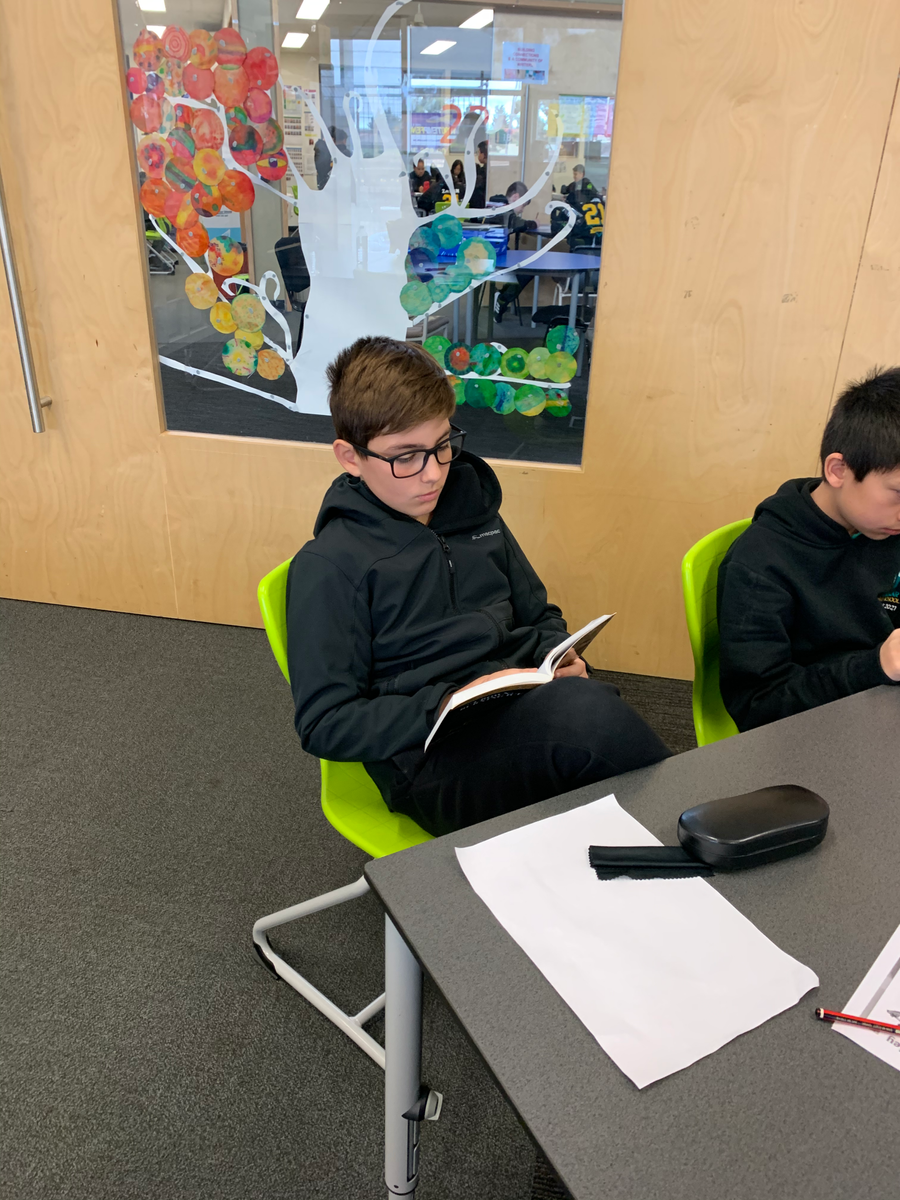
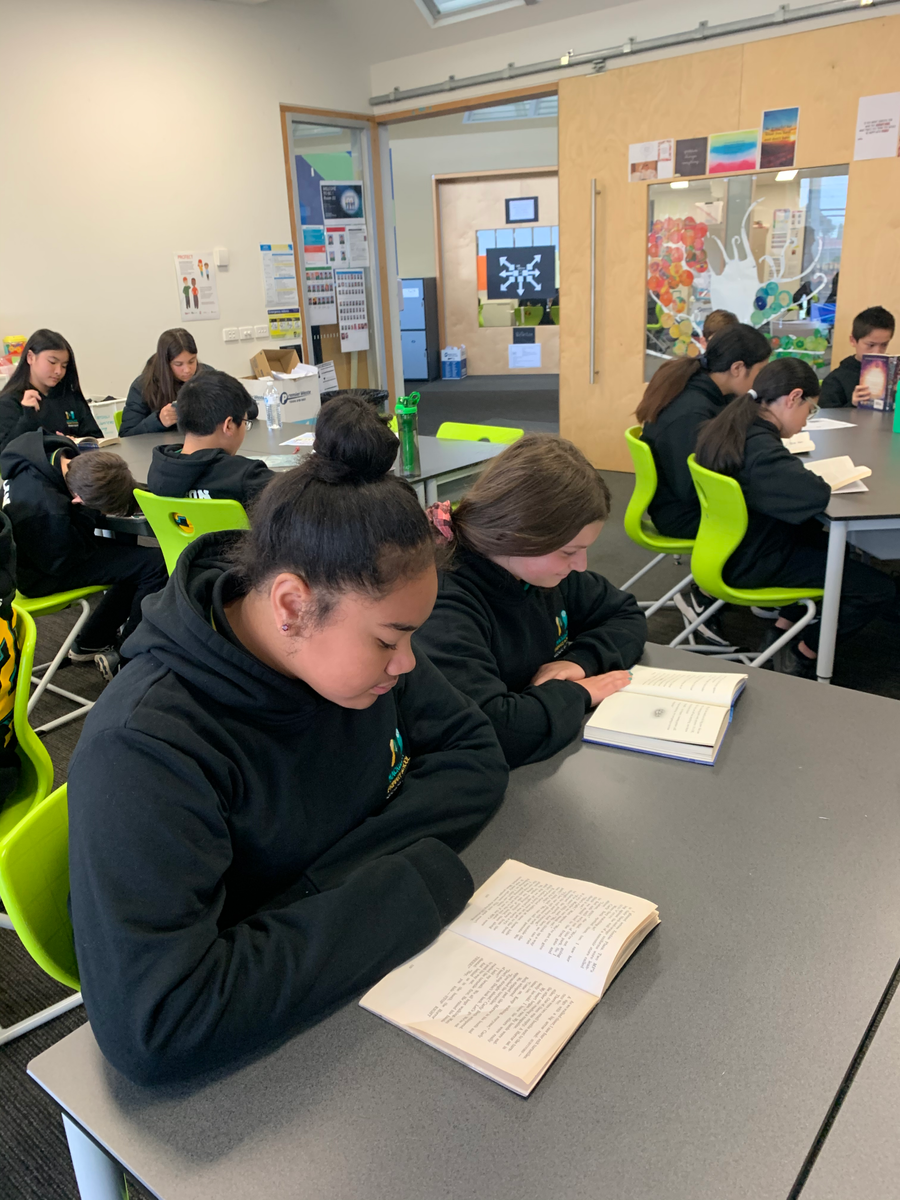





Writing
As a key part of Future Focussed Learning, students explored their perspectives about learning how to write specific texts at the start of every writing unit this semester. When students are clear about the overall learning intention of units of work, such as Persuasive Text, and they have considered their feelings and personal perspectives about it, they show a greater interest in the unit because there is a clear purpose to the learning. Some examples of students’ perspectives and feelings about learning how to write persuasive texts include:
‘Being about to write a persuasive text could save my community one day.’ ‘I feel that learning how to write persuasively will be helpful at secondary school and in real life situations in the future.’ ‘Being able to write a persuasive text will help me to get a job one day when I will need to convince someone that I am the right person for the job.’ ‘I am interested in learning how to write persuasively as it may help me to convince communities to save the environment, by not cutting down trees, for example.’ ‘I feel excited about learning how to write persuasive text because it will teach me how to express myself in a way that might help others one day. I think it is one of the most important texts to learn how to write.’ ‘I feel that it is so important to learn how to write persuasively because you can challenge politicians and help to make the world a better place to live in.’ |
Grade 6 teachers maximised Stephen Graeme’s teaching and learning strategies for writing this semester. We are extremely proud of the high standard of persuasive texts that our students planned, drafted, published and self-assessed against explicit success criteria. Here are some examples of their excellent work.
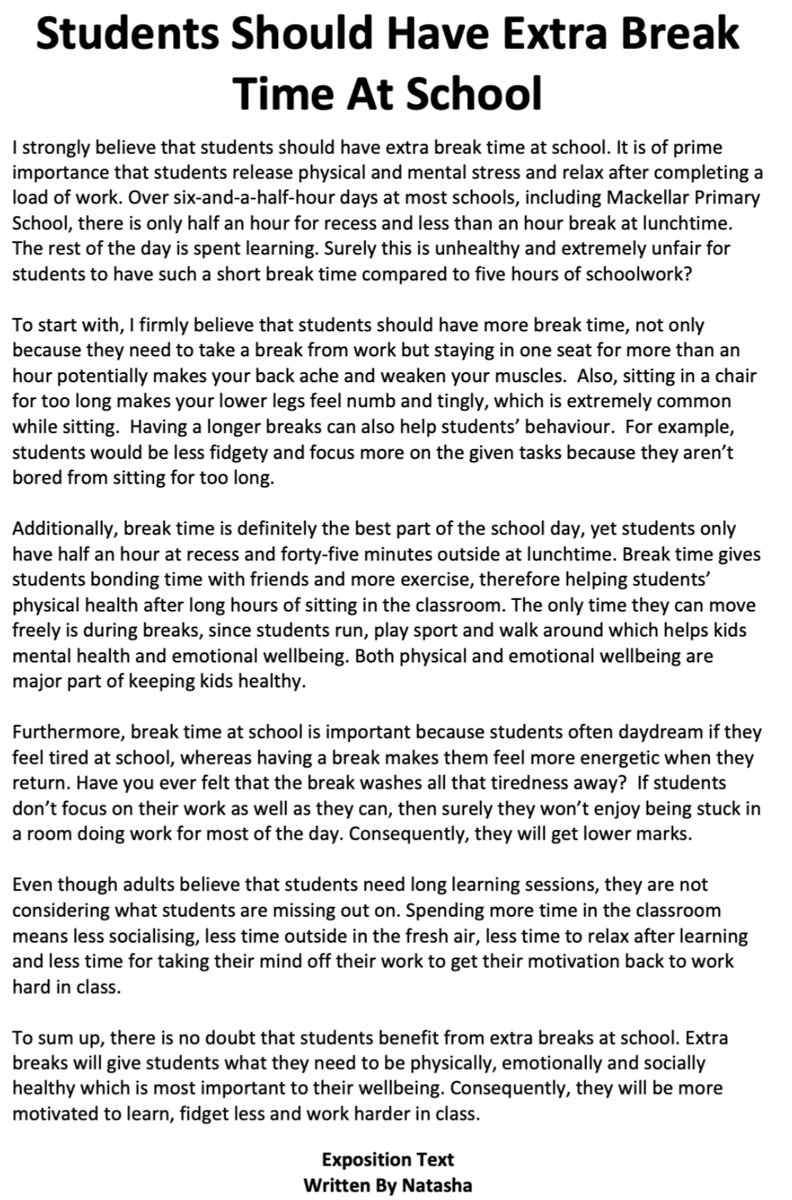
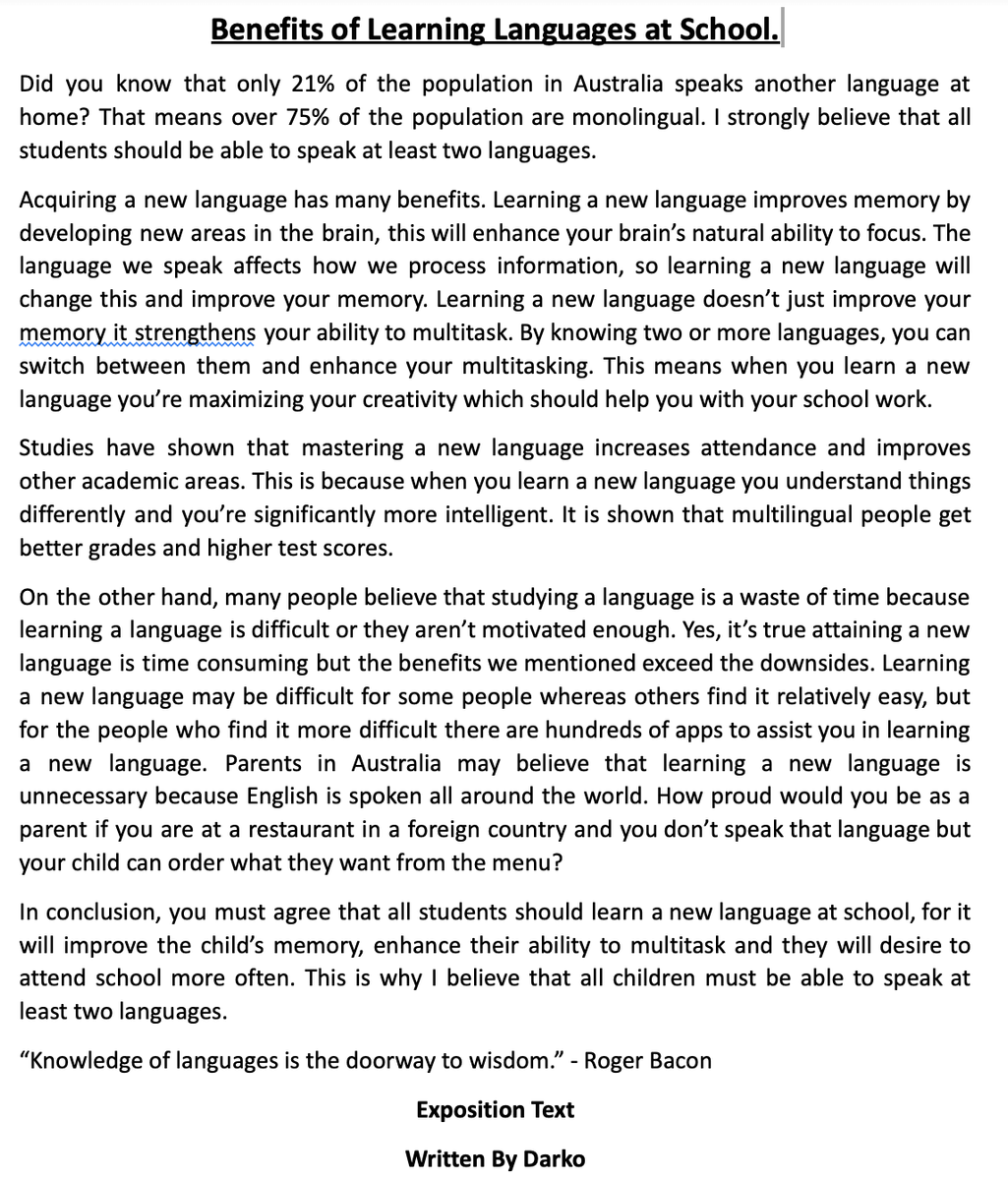
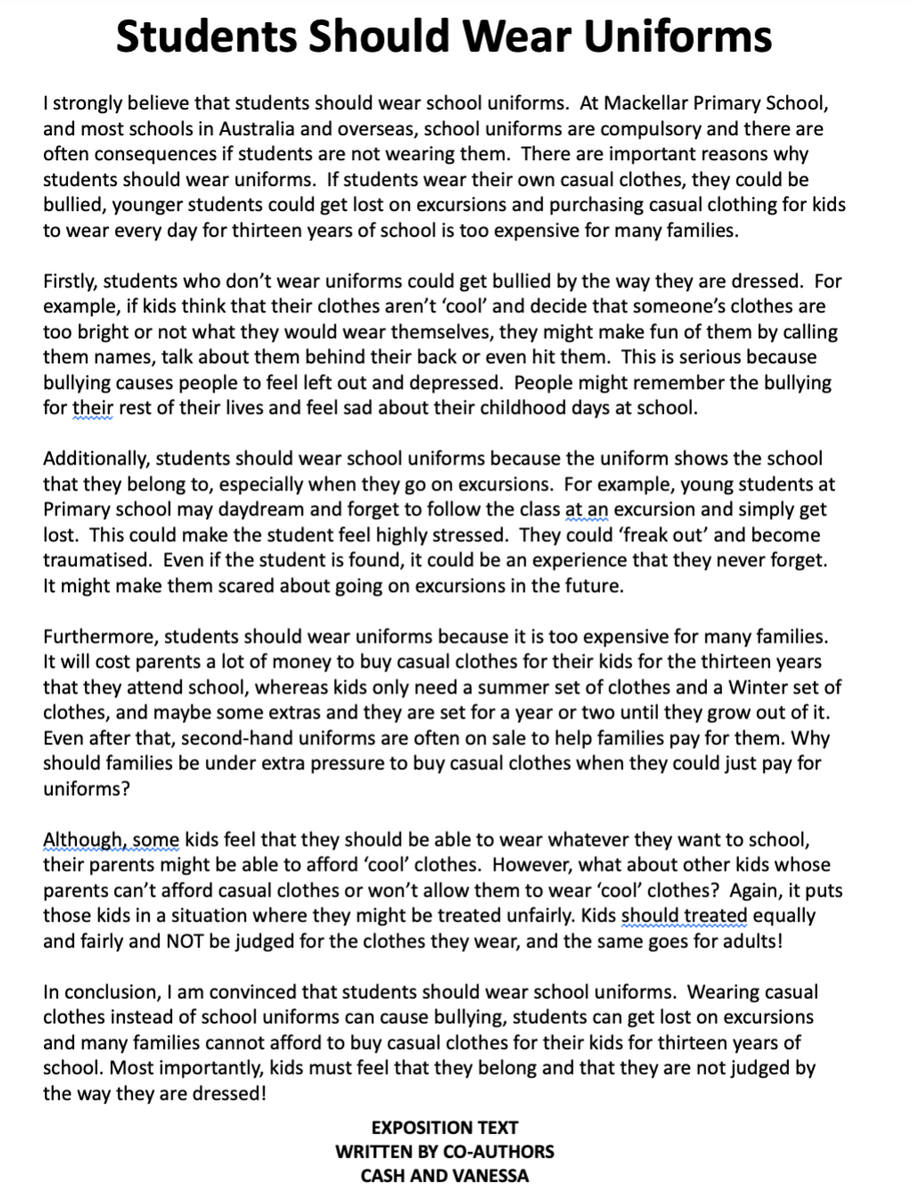

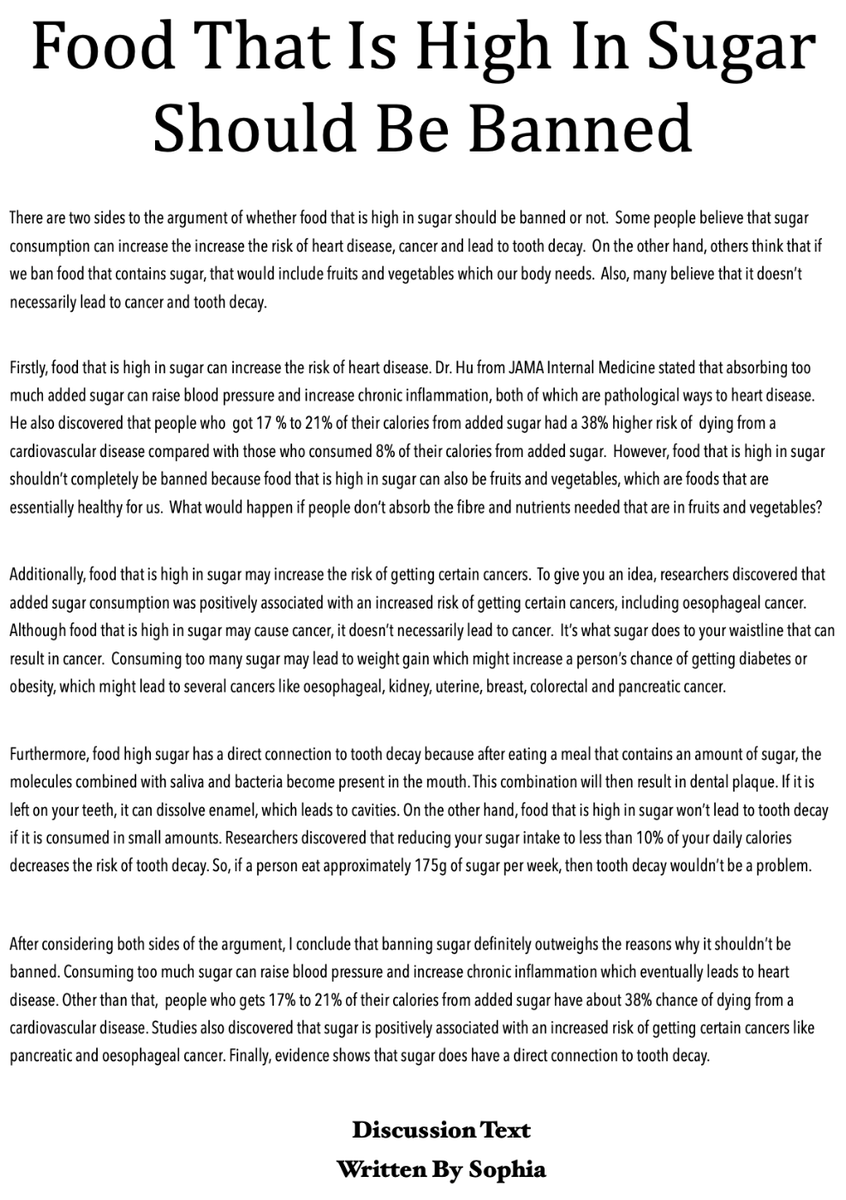





Numeracy
Students used their skills and built upon their prior knowledge of long multiplication, the four operations, understanding of decimal points, budgets and money and developed spreadsheets to complete a unit ‘The Big Day Out’. This called for them to plan budgets and solve real life problems. They identified and described the impact of essential and optional elements and made modifications to fit a proposed budget and created simple financial plans and cost predictions. To solve these problems, students built upon their knowledge of fractions, decimals and percentages and were able to produce outings for one person to a whole family, going to places such as, the Royal Melbourne Show, the local swimming pool, The Zoo, a big day out at the theatre and other outings. They played games to record income and expenditure over a month with the objective of paying for needs and saving some money along the way.
So, Parents/Carers, you need to get those students working on a cost-efficient budget for your next getaway! Here is some outstanding work by Bryan Leong and Andy Truong.


Inquiry
Term 3 - Australia as a Nation
Students investigated key events and people who were involved in Australia’s Federation. They learnt about the different groups of people who migrated to Australia throughout the 20th century and were able to present and listen to each other’s stories and interviews about their families’ migration experiences. The interviews were inspiring recounts of courage and resilience as individuals started new journeys of hope for an exciting future.


Term 4 – Chemical Sciences
Have you ever wondered how the different colours are made when fireworks are set off?
Have you ever thought about what substances are in the concrete that a bricklayer uses to build a wall? This term, students in Year 6 are learning about how Mixtures and chemical reactions are a part of our everyday lives. The students will compare and classify different types of observable changes to materials that are reversible or irreversible. Students will also learn about the differences between chemical and physical changes and compare and contrast the two.


